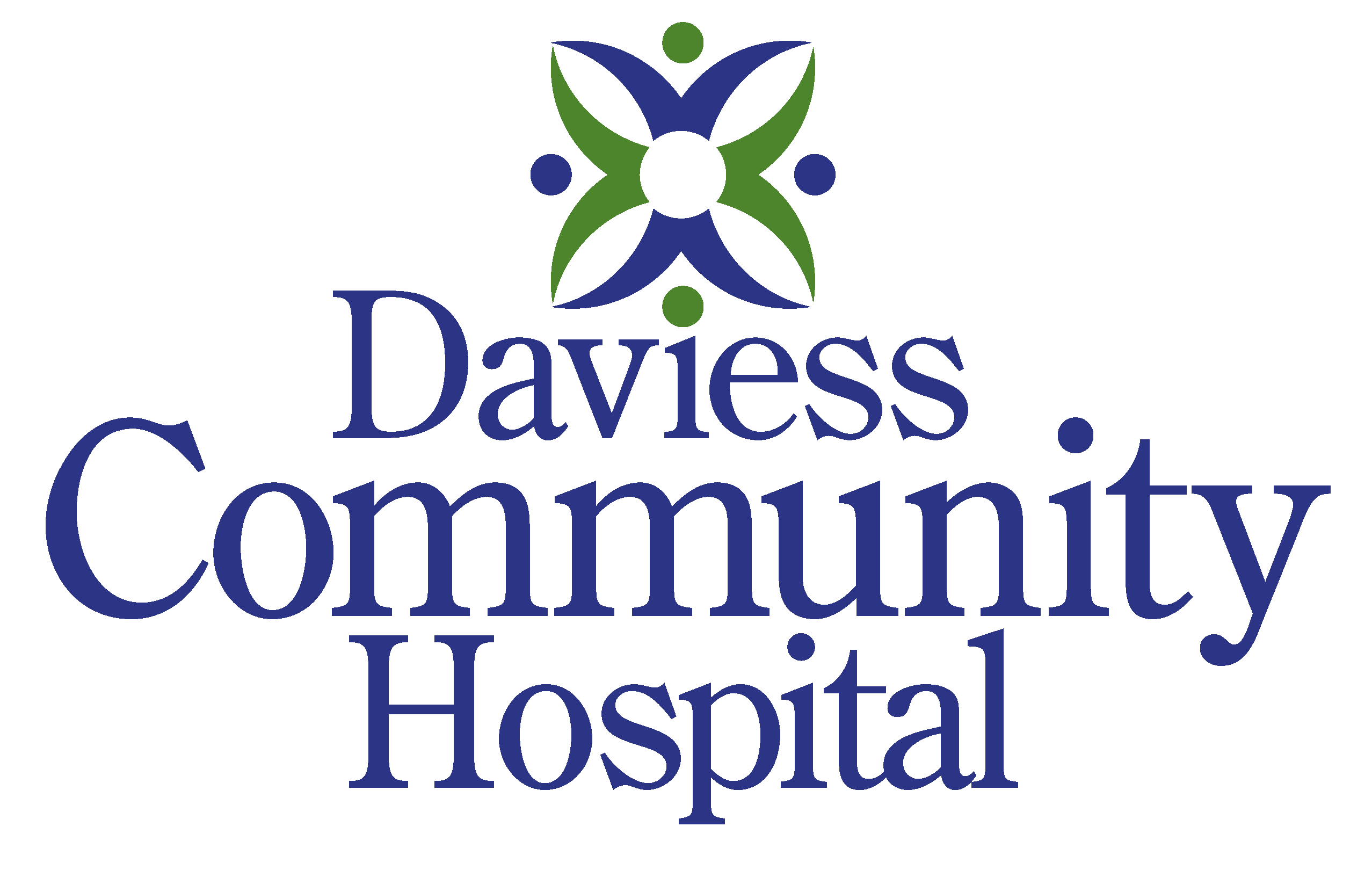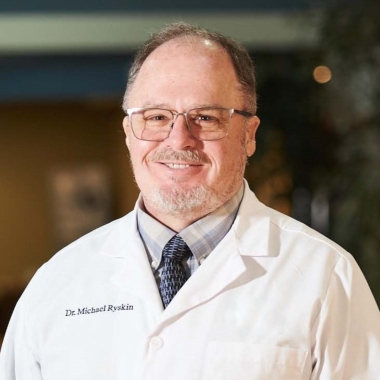
Laparoscopic Sterilization
A Permanent Birth Control Option That Fits Your Life
Laparoscopic sterilization, sometimes referred to as “getting your tubes tied,” is a safe, permanent birth control option for people who are confident they don’t want future pregnancies. At Daviess Community Hospital in Washington, Indiana, this procedure is performed in a hospital-based setting with surgical and anesthesia teams trained in minimally invasive techniques – designed for your safety, comfort, and peace of mind.
Why choose laparoscopic sterilization at DCH?
- Minimally invasive – The procedure is performed laparoscopically, using small incisions and a camera for visualization. Most patients return home the same day.
- Permanent birth control – Laparoscopic sterilization is intended to permanently prevent pregnancy. It is not designed to be reversed.
- Trusted hospital-based care – DCH provides safe, coordinated surgical care close to home.
- Most insurance plans accepted – Our team can help confirm coverage and discuss costs prior to surgery.
What to expect
- Before the procedure: Your care team will guide you through a preoperative consultation, discuss your goals, review your medical history, and provide any necessary instructions.
- Day of surgery: You’ll arrive at Daviess Community Hospital Same Day Surgery, where the laparoscopic sterilization will be performed under general anesthesia. Most patients go home the same day.
- After surgery: Recovery time is usually short, with most patients resuming light activity within a few days. Your provider will schedule a follow-up appointment to ensure healing and discuss any questions you may have.
Want a closer look at check-in, anesthesia, and going home the same day? Read our Operative Care: A Guide to Surgery.
FAQs
-
Is laparoscopic sterilization permanent?
- Yes. It is considered permanent birth control and is not intended to be reversible.
-
How long does the procedure take?
- Most laparoscopic cases are relatively quick. Your surgeon will review timing during your pre-op visit.
-
How soon can I return to normal activities?
- Recovery is typically faster with laparoscopy; your care team will provide personalized guidance for driving, lifting, work, and exercise.
Ready to talk about laparoscopic sterilization?
To learn more or to schedule a consultation with a provider, contact one of the providers under “Related Providers” at the bottom of this page.



